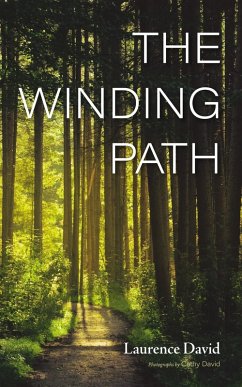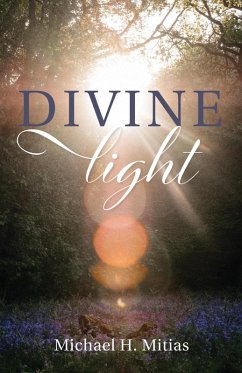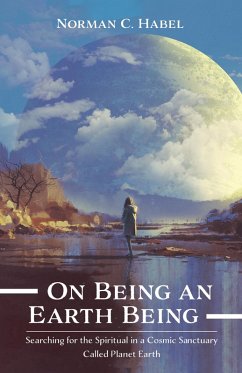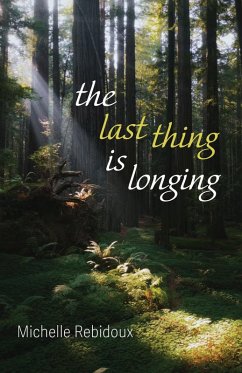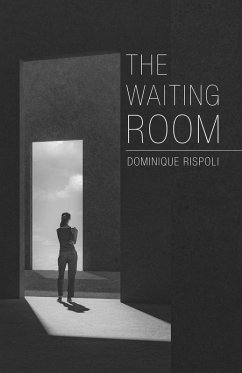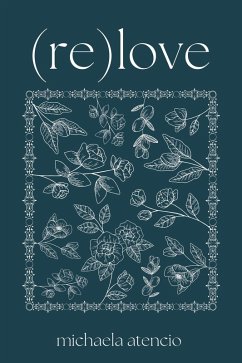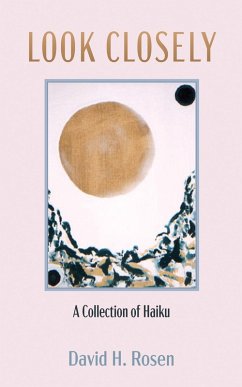
Other Voices, Other Rooms (eBook, ePUB)
Poems
Versandkostenfrei!
Sofort per Download lieferbar
8,95 €
inkl. MwSt.
Weitere Ausgaben:

PAYBACK Punkte
4 °P sammeln!
Why do we tell stories? Why are stories so indigenous to religion? Stories. Sacred stories. The three Western Scriptures express themselves most fully, and deeply, in stories. The original idea of "story" is "inquiry," the "result of research, information, knowledge," "telling, exposition, account, history." Its verb makes verbal these nouns: "to seek to know oneself, inform oneself, do research, inquire," "interrogate," "examine, explore, observe." All history is story. Most Scripture is story. Such stories, all stories, ask for--even demand--attentive listening, interpretation, and reinterpr...
Why do we tell stories? Why are stories so indigenous to religion? Stories. Sacred stories. The three Western Scriptures express themselves most fully, and deeply, in stories. The original idea of "story" is "inquiry," the "result of research, information, knowledge," "telling, exposition, account, history." Its verb makes verbal these nouns: "to seek to know oneself, inform oneself, do research, inquire," "interrogate," "examine, explore, observe." All history is story. Most Scripture is story. Such stories, all stories, ask for--even demand--attentive listening, interpretation, and reinterpretation. Each of us, therefore, becomes an interpreter, speaking in tongues (so to speak), even if only for herself or himself. The poems here offer such explorations; they take scriptural stories and imagine--and reimagine--them in order to offer the reader different angles and perspectives, new experiences. Such experiences, such perspectives, can help us see the Scriptures, and ourselves, anew.
Dieser Download kann aus rechtlichen Gründen nur mit Rechnungsadresse in A, D ausgeliefert werden.




